Physics
Fox
Summary
- Science is the understanding of nature. In other words, the understanding of the universe we live in.
- Physics is science at its fundamental (i.e. most basic) level.

- In physics, we think of nature as being:

- Matter: all the things that make up the universe
- The energy of matter
- The forces between matter (e.g. gravity).
- These 3 words won't mean much to us yet — we will be learning all about matter, energy and forces over the course of this book.
All this science I don't understand
It's just my job five days a week
Everyday wisdom will tell you that physics is a bland subject enjoyed by boring losers, who spend all day avoiding people and reciting pi to 50 million digits. And they smell, too.

This is very wrong, and I'm not just saying that because I'm unfathomably popular and smell really really good. Physics is genuinely a fascinating subject, which is also responsible for many of the things you enjoy (and depend on) every day.

With that out the way, what actually is physics?
Before we find out what physics is, we first need to know what science is. What is science?
Science is the understanding of nature
When you think of nature, you're probably imagining mountains, trees, and lakes. These are certainly part of nature, but nature is actually lot bigger than that. Nature is really anything that exists without human involvement. So — as well as the great outdoors — this also includes the microscopic world, galaxies, and everything inbetween. Nature is basically the entire universe.

Everything in the entire universe is a lot of stuff to understand! To make it more digestible, we divide science into different subjects: each one focussing on a different part of nature.

The science that studies living things is called biology.
The science that studies chemicals is called chemistry.
The science that studies the fundamentals of nature (i.e. the ‘building blocks’ of nature) is called physics.
What are the fundamentals of nature that we'll be learning about? At its deepest level, nature is only made up of 3 things: matter, energy, and forces.
Matter is all the things you see around you: a pencil, a tree, the moon, etc.

Energy is a special quantity that matter has. For example, a campfire has lots of heat energy, and a laptop has lots of electrical energy.

Forces are what cause matter to move around. If you were to drop a microphone, the force of gravity pulls it towards the ground.

In each chapter of this book, we will discover more about these 3 things.

Sometimes (or maybe quite often) you will find physics challenging. Remember: we're trying to understand nature at its fundamental level. So it's not always going to be easy! In fact, it often takes a lot of imagination to make sense of physics. Other times, the stuff we learn might need some practice before it sinks in.

Speaking of practice, it looks like your first quiz questions have arrived...
Congratulations!
3 of 3 questions completed
+ ⭐️ collected.
Sign up (for free!) to:
• save your progress 📊
• create constellations✨
• customise your fox! 🦊







